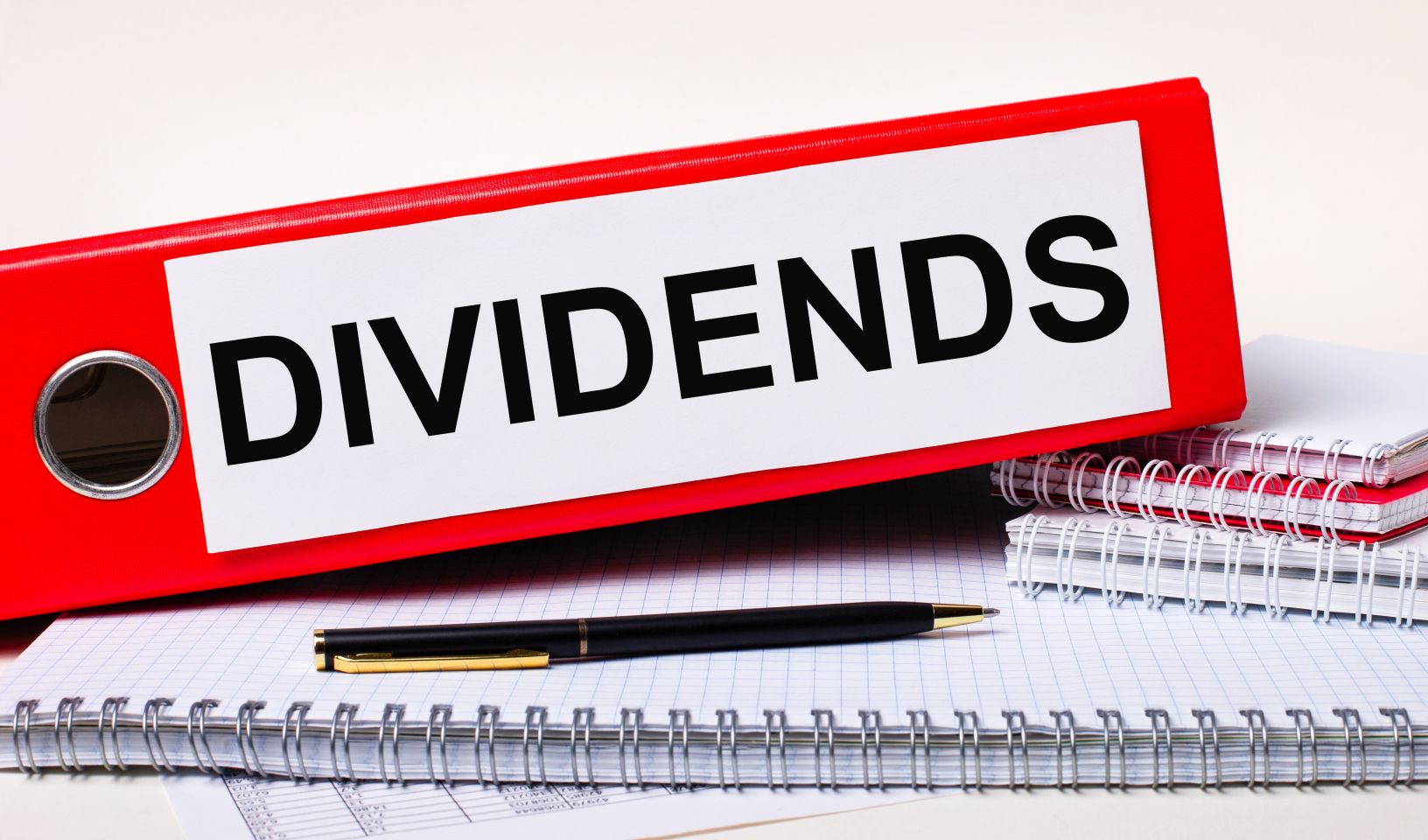Europe’s top dividend stocks for 2025 and beyond
After several years of economic adjustment, Europe’s dividend landscape continues to reflect both stability and caution. Persistent inflation, higher borrowing costs and evolving corporate priorities have influenced how companies manage and distribute shareholder returns.
Supply chain constraints, persistent inflation and cautious central banks continue to define Europe’s dividend environment. While interest rates are expected to remain elevated into 2026, some companies have managed to maintain or grow their payouts, supported by pricing power, steady cash flow and low financial gearing.
Despite recent volatility, many European firms still offer stable dividend yields and consistent cash generation – qualities that can help preserve value in real terms. From energy to utilities and consumer staples, Europe’s dividend heavyweights show that consistency remains valuable.
Top European dividend stocks for 2025 and beyond
Here’s Capital.com’s list of ten European dividend stocks known for dependable returns, as of November 2025.
1. British American Tobacco (BTI)
British American Tobacco (BTI) remains a consistent dividend payer, despite ongoing regulatory challenges. Its strong brand portfolio and pricing power continue to support steady earnings.
Total dividend yield: 6.55%
Past performance is not a reliable indicator of future results.
2. ABN Amro (ABNd)
ABN Amro (ABNd) remains cautious amid tighter regulation and subdued loan growth. However, the Dutch lender has improved cost efficiency and retained a solid capital position.
Total dividend yield: 6.82%
Past performance is not a reliable indicator of future results.
3. TotalEnergies (TTEF)
TotalEnergies (TTEF) continues to generate strong cash flow from diversified operations across fossil fuels and renewables. Capital efficiency and shareholder returns remain central to its strategy.
Total dividend yield: 11.25%
Past performance is not a reliable indicator of future results.
4. Koninklijke KPN (KPN)
The Dutch telecom group Koninklijke KPN (KPN) remains committed to steady dividend growth as it expands its fibre network. Management reaffirmed its medium-term goal of consistent shareholder returns.
Total dividend yield: 5.57%
Past performance is not a reliable indicator of future results.
5. Iberdrola (IBEes)
Iberdrola (IBEes) is a key participant in Europe’s energy transition, supported by renewable investment and a diversified grid network.
Total dividend yield: 5.03%
Past performance is not a reliable indicator of future results.
6. BASF (BASd)
BASF (BASd)’s integrated model and diversified product base continue to sustain dividends despite economic challenges.
Total dividend yield: 5.15%
Past performance is not a reliable indicator of future results.
7. H&M (HMb)
Hennes & Mauritz (HMb)’s recovery is ongoing, with an emphasis on profitability, automation and digital efficiency.
Total dividend yield: 4.36%
Past performance is not a reliable indicator of future results.
8. BAE Systems (BA)
Defence spending remains high, and BAE Systems (BA) continues to benefit from sustained global security investment.
Total dividend yield: 3.08%
Past performance is not a reliable indicator of future results.
9. BMW (BMW)
BMW (BMW) continues to balance its premium positioning with investment in electric mobility.
Total dividend yield: 7.04%
Past performance is not a reliable indicator of future results.
10. Unilever (ULVR)
Unilever (ULVR)’s broad brand portfolio and global pricing power help offset inflationary pressures.
Total dividend yield: 5.36%
Past performance is not a reliable indicator of future results.
Source: Morningstar, 24 November 2025.
Inflation and resilience
Persistent inflation and supply chain risks continue to challenge European corporations. Sectors offering essential goods and services – such as consumer staples, energy, utilities and defence – have retained pricing power, supporting margins and cash flow.
Dividend coverage and balance sheet strength remain key considerations. Companies with moderate leverage and stable earnings have generally shown stronger performance, particularly across defensive industries.
Key takeaways
The 2025 dividend landscape underlines a consistent theme: reliable payers typically exhibit pricing power, prudent leverage and strong cash generation.
While growth prospects differ by sector, these companies share the characteristics of steady performers – maintaining covered payouts and navigating inflation without compromising financial stability.
Create an account Open a demo account
FAQ
What are dividend stocks?
Dividend stocks are shares of companies that distribute a portion of their profits to shareholders, typically on a quarterly or annual basis. These dividends offer regular income and can act as a partial buffer during periods of market volatility. Companies that consistently pay and grow dividends are often regarded as financially stable and well managed.
Can dividend stocks help protect against market volatility?
While dividend stocks can provide a more predictable income stream, they remain subject to market fluctuations. Companies with strong cash positions and conservative debt levels may perform more steadily during volatile periods, but no investment is immune to price changes. Dividends can, however, help smooth returns over time by offering regular income.
What should traders know about trading dividend stocks as CFDs on Capital.com?
Trading dividend stocks as CFDs (contracts for difference) on Capital.com allows traders to speculate on price movements without owning the underlying shares. This means you can go long or short on dividend-paying stocks, depending on your market view. When trading share CFDs, dividend adjustments may be applied to reflect corporate actions.
CFDs are traded on margin, and leverage amplifies both profits and losses.